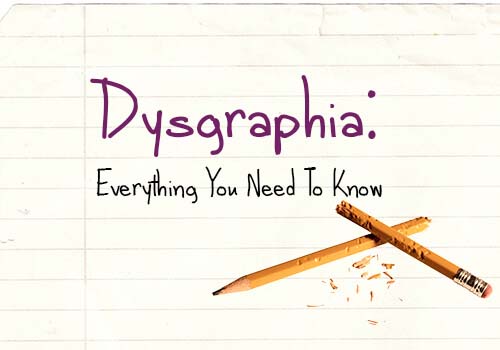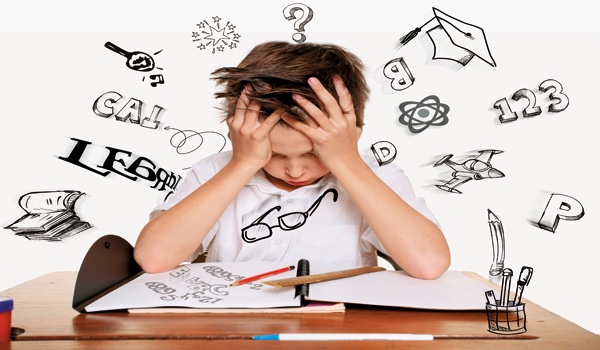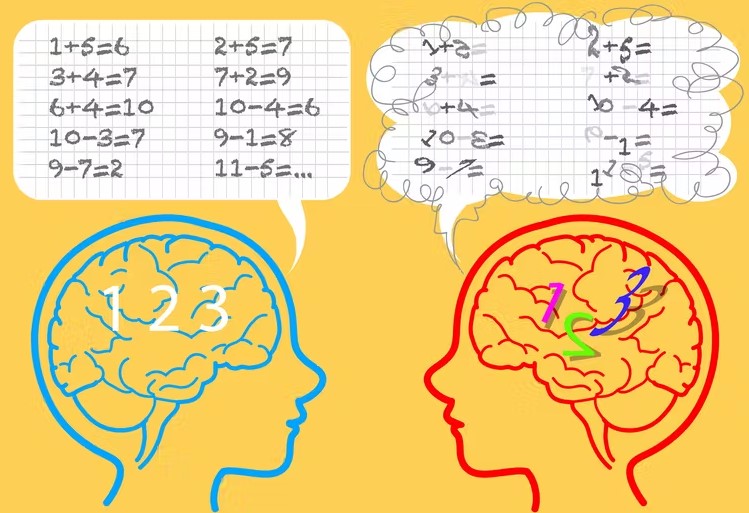
If a person has Dyspraxia, they have problems with coordination, judgment, movement, and processing memory, among other cognitive skills. Furthermore, Dyspraxia is also known to affect the body’s immunity and nervous systems.
Also referred to as motor learning difficulties, some countries do not officially recognize Dyspraxia as a learning disability but rather a condition that may affect one’s learning abilities.
People with Dyspraxia often have difficulties planning and completing even simple motor tasks. This can range from something simple like waving to more complex activities like brushing one’s teeth.
What exactly is Dyspraxia?
Dyspraxia is a developmental coordination disorder that appears mostly when one is still a child. The child experiences difficulty organizing movement while struggling with planning what to do and how to do it.
Nevertheless, Dyspraxia does not affect a child’s overall ability or IQ. It is mostly associated with problems of perception, language, and thought. These symptoms make it a little more challenging with a child during their learning journey.
Symptoms of Dyspraxia
The easiest way to suspect if your child has Dyspraxia is that they are often late to reach particular developmental milestones. For instance, children that tend to roll over, stand, or walk late may be doing so due to Dyspraxia.
Furthermore, when your child attempts to roll over, stand, or walk, they are usually met with:
Managing children with Dyspraxia
There is no cure for Dyspraxia. If your child has the condition, it would be prudent to have an expert involved so that they can assist in understanding the child more. Some people even opt for things like therapy to help the child to cope with their problems.
Should you detect symptoms of Dyspraxia in your child, it is important first to consult with a trained professional to help you better understand your child and also offer some tips on becoming a better parent.
Lina Bayazid, a seasoned curriculum designer, coach, and trainer, can guide teachers how prepare learning evironment, and how to design teaching resources in order to support childrendiagnosed with different learning dificulties both academically and emotionally.
Once teachers gain the relevant skills on how to spot and handle children with Dyspraxia, they will be able to adjust their mode of teaching to accommodate them.
Get the help your child deserves
When you notice any symptoms of Dyspraxia, do not hesitate to reach out to a professional. Your child’s school counselor or a trained psychologist would be the best starting point. If diagnosed with Dyspraxia, it would be prudent to adjust certain things in their life, including how you interact with them and also how they are taught in school.
Lina Bayazid, is a curriculum designer with years of experience helping teachers and parents to come up with a better learning environment for children with learning disabilities. She helps design teaching methods that can accommodate such special children to enable them to get maximum benefits from their education.
Would you like to know how this works? Reach out to Lina today and schedule your initial consultation.







